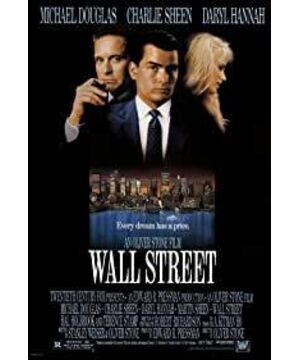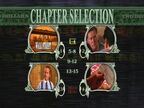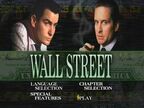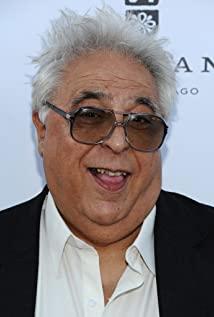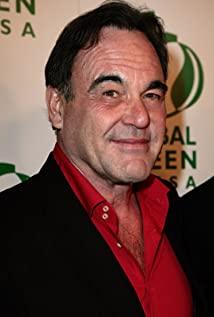The movie is actually not old, it was filmed in 1987. There are a lot of classic old Hollywood movie elements in the film, such as the characters' emotions or the key moments of the plot, the characters will be "illuminated" or darkened, just like the way of expressing the character's state in the stage play, which is very interesting.
What's more interesting is the timing of the movie. The background of the story is set in 1985, which is a period that I personally think is very interesting in the history of Wall Street and U.S. finance. In the 1980s, the popularity of junk bonds in the United States, the popularity of takeovers and leveraged mergers and acquisitions, capitalism’s vigorous pursuit of shareholder value, and many U.S. listed companies. Takeovers—no matter how big or small—are often accompanied by layoffs and asset sales. The capitalists of this period made a lot of money, and the ugliness of greed and desire was clearly displayed. The story takes place during this period. (The release time of the movie is also interesting. Wall Street has experienced a lot of scandals, crashes, etc. since about 1987, and the acquisition movement also began to subside from about 1987.)
From the movie, you can see a lot of characteristics of that era and many details of Wall Street at that time. It is a very worth watching movie for those who are interested in Wall Street and American financial history. In particular, the two cases involved - Tedar Paper and Bluestar Airlines. One of the stories about TEDA Paper is very worthy of careful consideration. At the annual meeting of TEDA Paper, the company's management called on everyone to resist hostile takeovers by capital, because acquisitions are often accompanied by layoffs and asset sales, and a speech by the capitalist's representative, Gordon Gekko, fully demonstrated the Wall Street at that time. Financiers' views on takeover campaigns and shareholder value. Wall Street at the time believed that American companies were inefficient, especially the manager model. Wall Street financiers and bankers glorified and rationalized their own attempts to make money by selling assets after a hostile takeover (leveraged buyout) with phrases like "streamlining the business to improve efficiency and competitiveness." The movie does not show the final result of TEDA Paper, but it is not difficult to guess the result of TEDA Paper through Geek's behavior towards Blue Star Airlines.
The film uses a lot of contrast to show the main idea it wants to express. By comparing Geck and Sir Wildman's different handling of acquired companies to reflect the difference between different capitalists, it further sets off Geck's ambition to only value money; by comparing the changes before and after the male protagonist to reflect money and desire Changes to a person, etc.
The elderly Lu in the male protagonist's company is similar to the existence of "unsullied" in Wall Street's desires and ambitions. Every line of his is to remind the male protagonist not to be carried away by money and stand on Wall Street. The opposite of desire and ambition. The male protagonist's father has always reminded the male protagonist to make money steadily, especially in the face of Geck's lobbying. The hero's father has a line at the end of the film
"Create, instead of living off the buying and selling of others"
In my opinion, this is not to criticize stock trading, but to simply point out that you cannot rely on pure speculation to make money or even become successful. No matter what you do, including finance, you should aim to create value in order to obtain long-term benefits and long-term benefits. wealth.
The movie involves many financial terms and transaction methods. It is recommended to watch it with a certain financial foundation, or you can learn while watching. The professional knowledge involved in the film is not profound, you can understand it with a little research, and you can watch it smoothly. Of course, I believe that if you have a financial background and experience, you can get a more different experience.
Finance aside, it's also an excellent drama. The film explores the ways to succeed, the desire and ambition for money, the gap between the rich and the poor, social values, capitalism, and more, and is worth repeating at different stages of life.
View more about Wall Street reviews


